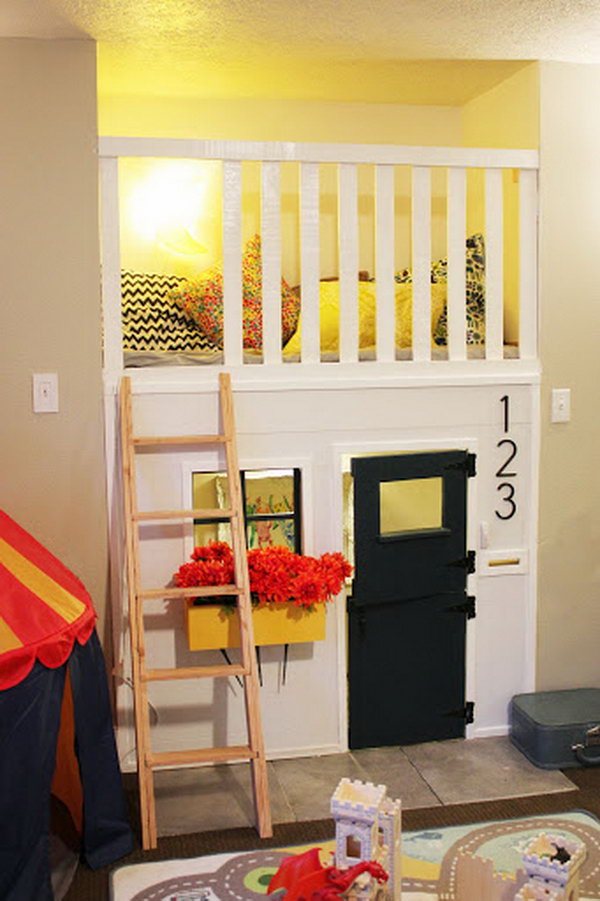Table of Content
Insurance companies usually permit you to choose the day that the policy will start. So, by liaising with your solicitor, you can find out the date of exchange and schedule your policy to start then. We're firm believers in the Golden Rule, which is why editorial opinions are ours alone and have not been previously reviewed, approved, or endorsed by included advertisers. Editorial content from The Ascent is separate from The Motley Fool editorial content and is created by a different analyst team.

Replacement cost policies cover the entire cost to replace your home where the actual cash value policy will only cover the current value of the home. If you have to leave your home while it is being repaired due to loss or damage, you will receive up to 20% of your dwelling’s coverage to help pay for those expenses.. “Most people think of home insurance as something that protects from catastrophic events,” says Ed Kaminsky, an agent based in LA County, California, with more than 30 years of experience. Your lender will likely require you to show proof of insurance by closing on your home.
Scope of coverage requirement
If your home is gutted by fire or any other type of natural disaster, you could lose everything if your home is not insured. You would have to pay for the cost to rebuild out of your own pocket, which is impossible for most people. However, some lenders may only require a coverage amount equal to the unpaid portion of your mortgage balance — but keep in mind that electing for this amount could leave your home vastly underinsured. And since home insurance coverage isn't included in your mortgage, you're responsible for taking out a policy yourself. Dwelling—This is the part of the policy that covers the home itself. If an event destroys your home, your policy will cover the cost to rebuild it and all of its built-in elements, like the cabinetry and electrical work.

You never know which belongings will be impacted by a disaster. As such, it’s best to look for an insurance company with homeowners insurance policies that will cover the replacement costs of all of your personal property should items be missing or damaged. If you happen to be one of the lucky few out there who has paid off their mortgage, you don't have to purchase homeowners insurance. But your home is arguably the largest financial asset you’ll ever own, so you’ll want to keep the property insured regardless.
You might have a hard time selling your house
When looking for an insurance carrier, here's a checklist of search and shopping tips. Look for changes in the neighborhood that could reduce rates, as well. For example, the installation of a fire hydrant within 100 feet of the home, or the erection of a fire substation within close proximity to the property, may lower premiums. The neighborhood, crime rate, and building material availability will all play a part in determining rates, too. And of course, coverage options such as deductibles or added riders for art, wine, jewelry, etc.—and the coverage amount desired—also factor into the size of an annual premium.

Any insurance policy premium quotes or ranges displayed are non-binding. The final insurance policy premium for any policy is determined by the underwriting insurance company following application. You are not required by Texas law to have homeowners insurance. However, if you are financing your home, your lender may require you to take out a homeowners insurance policy to protect the property. We live in a litigious society, so don’t assume your friend or neighbor won’t seek legal action. If the loss or injuries are great, everything you own become at risk.
Auto Insurance
Payment, but they still need to find an insurance company and pass that information along to the closing attorney. Realtors are present at closing to offer moral support and to answer any lingering questions, but a real estate attorney provides legal advice and makes sure the documents are correct and as expected. Provides additional living expenses if you have to live somewhere else temporarily due to an incident covered by your policy. If the house and senate agree on new insurance legislation, here’s how long Citizens policy holders would have to obtain flood insurance. If you're thinking about selling your house and have allowed the homeowners insurance to lapse, this can actually impact your home’s desirability to potential buyers.

The House and the Senate met for various committee meetings today on the two almost identical bills. All Citizens policyholders will have to have to obtain flood insurance. “If I have Citizen and it cost me $4,000 and I have to get flood insurance, and I’m looking for insurance in the private market does that include flood insurance for Citizens?
What is homeowners insurance?
Homeowners insurance is not required by law, but many lenders do require you to carry a minimum amount of coverage in order to satisfy the requirements of your home loan. Unlike car insurance, which is required by state law, home insurance is not a state requirement. However, to satisfy the terms of your loan, your mortgage lender will require you to carry a certain amount of home insurance. This is often based on the value of your home and ensures that you will receive financial assistance should you experience a loss. Whether by natural disaster or burglary, there is no remuneration for personal possessions if a loss occurs and a homeowner had no homeowners insurance. Granted, nothing can replace an heirloom like your grandmother’s wedding ring, but you won’t get any financial payout to soften the blow.

Many mortgage lenders require borrowers to make monthly payments toward home insurance. The lender collects the money and puts it into a special escrow account where it's held on behalf of the homeowner. When the insurance premium is due, the bill is sent to the lender.
That’s why it is important to know what happens if for some reason you aren't protected by homeowners insurance and disaster strikes. Coinsurance is the claim amount an insured must pay after meeting deductibles and is also the level at which an owner must protect property. While it never pays to play it cheap with coverage, there are ways to cut down on insurance premiums. While insurers are there to pay claims, they're also in it to make money. Insuring a home that has had multiple claims in the past three to seven years, even if a previous owner filed the claim, can bump your home insurance premium into a higher pricing tier.

Most policies start as actual cash value policies, which means your insurance company will cover the depreciated cost of your belongings and home if they’re damaged. For example, if your roof is damaged by a natural disaster, your provider will write you a check only for what the roof cost when it was installed under an ACV policy. With an RCV policy, your provider will cover the entire replacement cost based on what a new roof for your home would cost today. This RCV requirement is common for older homes and homes in disaster zones.
Or, if your kid breaks her Ming vase, you can file a claim to reimburse her. And if Doris slips on the broken vase pieces and successfully sues for pain and suffering or lost wages, you'll be covered for that, too, just as if someone had been injured on your property. In the event of damage due to fire, hurricanes, lightning, vandalism or other covered disasters, your insurer will compensate you so your house can be repaired or even completely rebuilt. Destruction or mutilation from floods, earthquakes, and poor home maintenance is generally not covered and you may require separate riders if you want that type of protection. Freestanding garages, sheds or other structures on the property may also need to be covered separately using the same guidelines as for the main house. Also, most real estate agents will not help you sell your home if you do not have homeowners insurance.


No comments:
Post a Comment